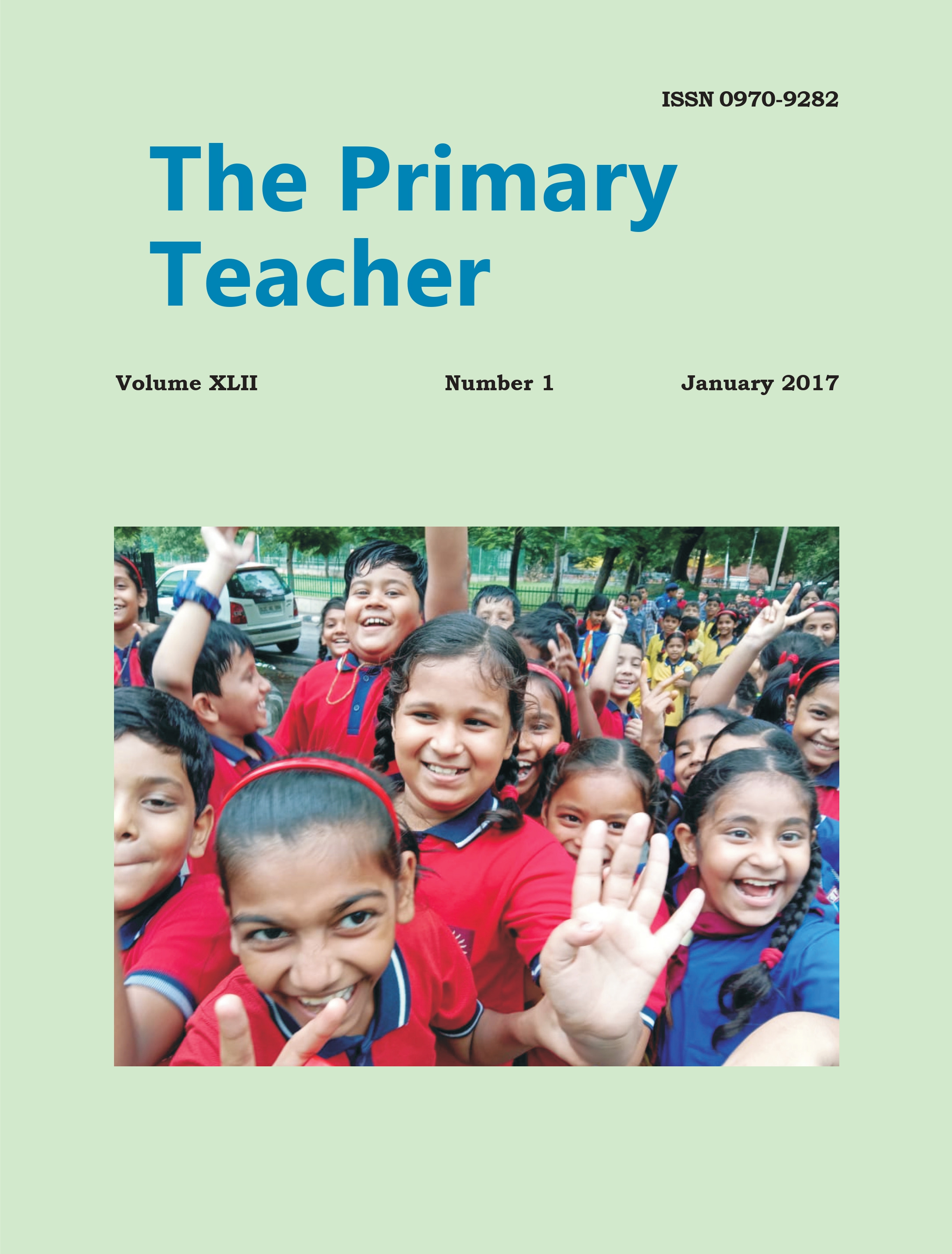
Published 2024-12-05
Keywords
- elementary education,
- classrooms,
- National Assessment Survey
How to Cite
Abstract
The Right to Education (RTE) Act, 2009, came up with a significant clause of ‘No Detention Policy’. This was one of the most seminal clauses as it seemed to pose a challenge as to whether it is possible for children to learn even if there is no fear of failure in formal exams. Even almost after eight years the law came into effect, ensuring quality learning outcomes remains an enigma. Across the States, teacher unions have been blaming the clause for being the key reason behind the poor performance of students. The struggle to ensure quality teaching is resulting in new ideas being tried out by the education departments of different States. The discourse of change in schooling has a direct bearing on teaching practices in classrooms. This could be in the form of introduction of new textbooks, digital content and vocational education. Prior to becoming a teacher, a person’s identity is influenced by one’s own sociocultural upbringing. Once the individual becomes a teacher, the person extends one’s sense of self within the larger context into the classroom, influenced by one’s own location within the school culture and the experiences of functioning within the larger bureaucratic machinery. This paper aims to explore how the current interventions to reform education influence the identity of a teacher.
